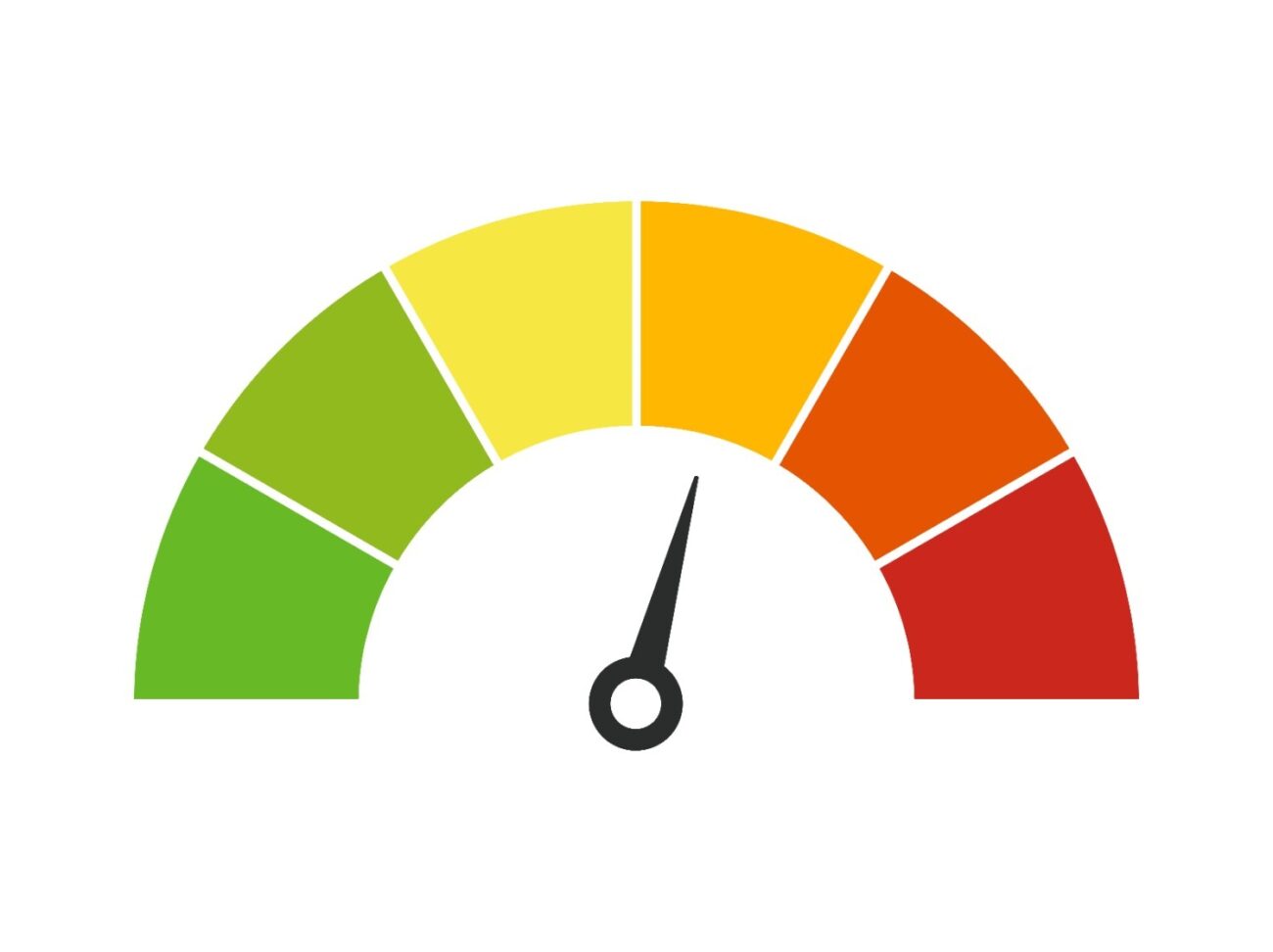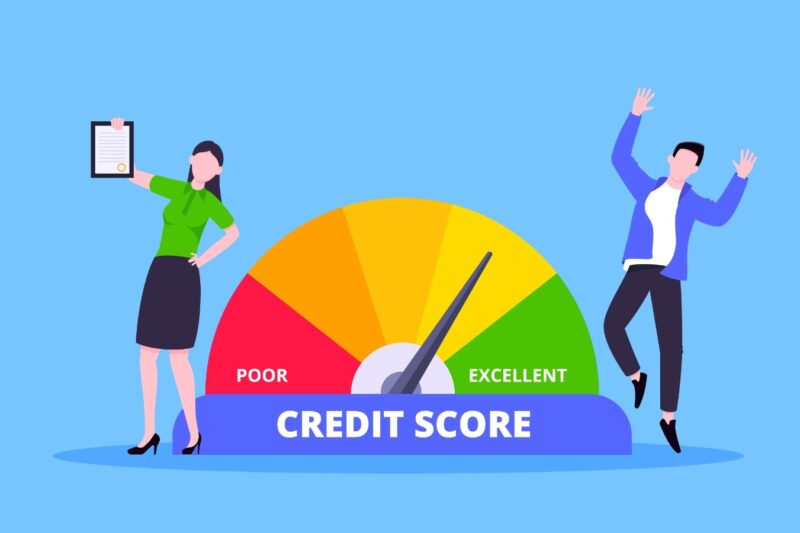You’ve done everything correctly, which includes avoiding credit cards reaching out the limit, making on-time EMI payments, and building an appropriate credit score. Therefore, it can feel unfair as well as confusing when your loan application is rejected. After all, isn’t a decent credit score supposed to be your ticket to quick approvals?
Not always, that is. Although having a high score is important, lenders take additional factors into consideration. Before providing your loan, banks and other financial institutions look more carefully at your financial situation. Let’s look at the root causes of this and possible solutions.
Credit Score: Only One Piece of the Puzzle
Similar to your report card, your credit score indicates to lenders how trustworthy you are at managing debt. However, if other subjects (such as your debt ratio or income stability) are weak, even an excellent report card will not help.
Lenders usually look for the following factors,
| Factor | What It Means | Why It Matters |
| Credit Score | Measures your repayment history | Reflects your trustworthiness |
| Income Stability | How steady your job or income is | Ensures you can handle EMIs |
| Debt-to-Income Ratio | How much of your income goes to debt | High ratios show financial stress |
| Credit Mix | Balance between secured & unsecured loans | Shows borrowing experience |
| Recent Credit Inquiries | Number of loan/credit applications | Too many look risky |
| Employment History | Job consistency | Indicates stability |
So even if your credit score is still above 750, lenders may still reject your application if other details raise concerns.
6 Common Reasons for Rejection Despite a Decent Credit Score
1. High Debt-to-Income Ratio
Borrowers frequently make a common error of signing too many EMI payments at once. In spite of making all your payments on time, lenders remain worried about whether your income is heavily utilised. So, limit your total EMIs to an amount that is 30-40% of your monthly income.
2. Unstable or Irregular Income
Frequent job changes or inconsistent income sources can make lenders cautious. Usually, a salaried person with a consistent record will be preferred more than a person with variable income.
If you are self-employed or working freelance, make sure that you have the right documentation of your income to support your financial stability.
3. Multiple Recent Loan Applications
With every loan application submitted, lenders make a hard credit check on your report. Too many inquiries within a short span can make you appear desperate for credit, even if your score hasn’t dropped significantly.
It’s better to compare offers first and apply only for one or two loans that truly fit your needs.
4. Errors or Mismatch in Credit Report
Loan rejections, at times, occur because your credit report has outdated or incorrect information. For example, showing recently closed loans as still active.
So, check your credit report at least twice yearly. Platforms like Olyv allow you to keep track of your score, watch your credit health, and fix errors early, all from one location.
5. Short or Thin Credit History
A “thin file” implies a lack of borrowing experience on your part. Lenders may still be worried even if your score is high because they do not have enough data to evaluate your long-term repayment behaviour.
Gradually building credit through small loans or credit card usage helps you establish a stronger track record.
6. Mismatch Between Loan Type and Profile
Sometimes, your profile does not match the loan you are applying for.
For example, lenders may view it as risky if you are a business owner applying for a home loan without valid proof of income.
Knowing how to qualify for each loan type increases your chances of getting approved.
How to Improve Your Chances of Loan Approval
A balanced financial profile is enough; a perfect score is not required. Here are some clever moves to increase your chances,
- Before applying for new loans, pay off your current debts.
- Keep a trustworthy source of income and stay away from changing jobs regularly.
- Don’t apply for more than one loan at once.
- Monitor your credit report and make any necessary corrections.
- Provide precise and thorough data on your application.
- Use both secured and unsecured loans to expand your credit mix.
These actions give you a sense of financial responsibility, which is something that all lenders respect.
Conclusion
A decent credit score is just one part of your financial situation; it is not all that matters. Lenders are also considering your overall financial discipline, current debts, and steady income.
Don’t get stressed out if your loan is rejected. Evaluate your profile, make the necessary changes, and apply again with greater ability. Approval will come easily if you maintain a healthy balance between good financial and positive habits.




